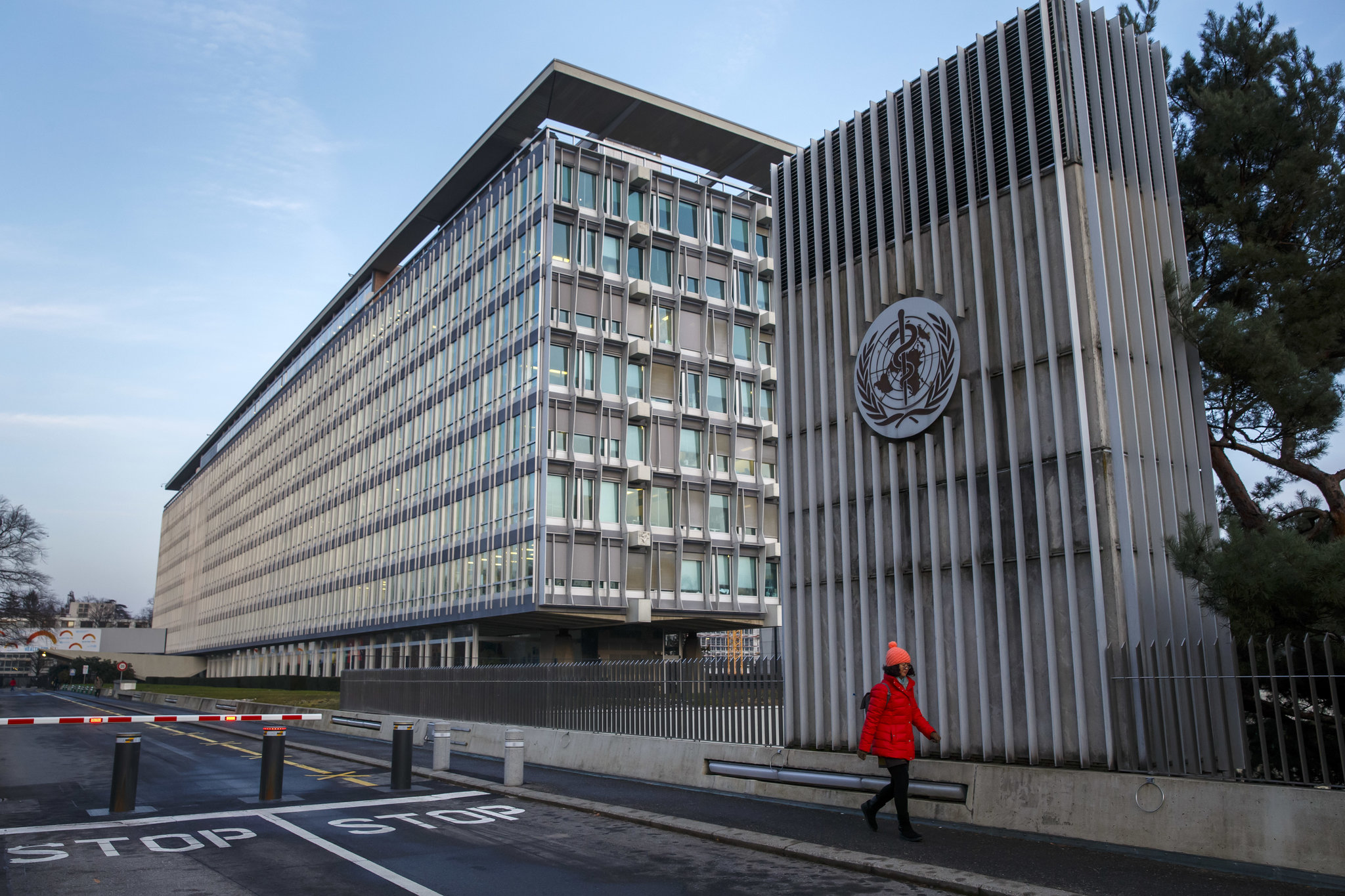DRC – The World Health Organization (WHO) has issued recommendations on diagnosing, preventing and managing zoonotic diseases in Africa with an aim to reduce the risks of emerging public health threats in the region as well as prevent the next outbreak through a one-health approach.
One Health is an approach to designing and implementing programmes, policies, legislation and research in which multiple sectors communicate and work together to achieve better public health outcomes, says the World Health Organization
The United Nations agency has urged African nations to take a one-health approach in managing zoonotic diseases which require multiple sectors, disciplines and communities to work in collaboration including a wide range of experts working in the public, plant, human, animal and environmental health.
WHO has advised government officials, researchers and workers across sectors at the local, national, regional and global levels in different sectors that they need all hands on deck to prevent and control zoonotic diseases such as Ebola, monkeypox and coronaviruses.
In addition, the international body responsible for public health has proposed that routine disease surveillance information and response activities for both animal and human health should be shared among epidemiologists and other public health experts.
WHO further proposed that extensive research is needed to identify environmental, socioeconomic, and cultural factors boosting the emergence and transmission of epidemic-prone diseases, adding that more research is needed to better understand the factors that affect the impact and spread of epidemics.
Moreover, WHO has strengthened its regional collaboration with the Food and Agriculture Organization of the United Nations and the World Organization for Animal Health to support efforts to address zoonotic outbreaks across Africa.
The guidelines for managing zoonotic diseases come at a time when Africa is facing a growing risk of outbreaks caused by zoonotic pathogens such as the monkeypox virus which originated in animals and then switched species and infected humans.
According to a World Health Organization analysis, between 2001-2022 there were 1843 substantiated public health events recorded in the WHO African region specifically thirty per cent of these events were zoonotic disease outbreaks.
The public health body cautioned that there was a particular spike in 2019 and 2020 when zoonotic pathogens represented around 50% of public health events, noting that Ebola Virus Disease and other viral hemorrhagic fevers constitute nearly 70% of these outbreaks.
WHO explained that the increase in zoonotic cases may be associated with Africa’s rapidly growing population leading to rising urbanization and encroachment on the habitats of wildlife due to demand for food derived from animals such as meat, poultry, eggs and milk.
The international body further explained that road, rail, boat and air links are improving across Africa thus increasing the risk of zoonotic disease outbreaks spreading from remote areas where there are few inhabitants to large urban areas.
“Infections originating in animals and then jumping to humans have been happening for centuries, but the risk of mass infections and deaths had been relatively limited in Africa. Poor transport infrastructure acted as a natural barrier,” Dr Matshidiso Moeti WHO Regional Director for Africa pointed out.
Dr Moeti stressed that government officials, researchers and workers across sectors at the local, national, regional and global levels must act now to contain zoonotic diseases before they can cause widespread infections and stop Africa from becoming a hotspot for emerging infectious diseases.

